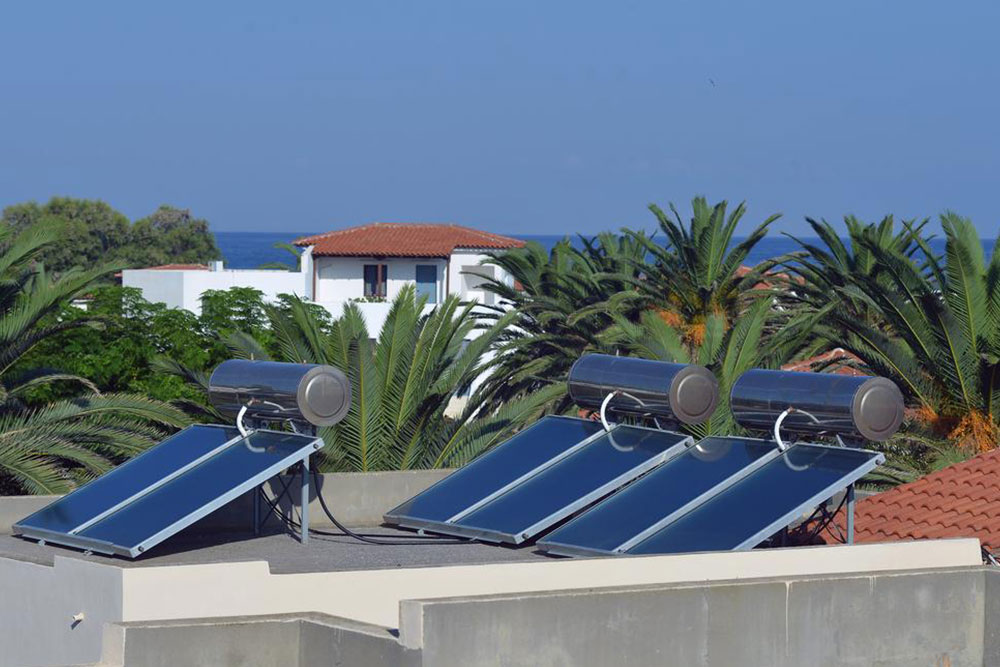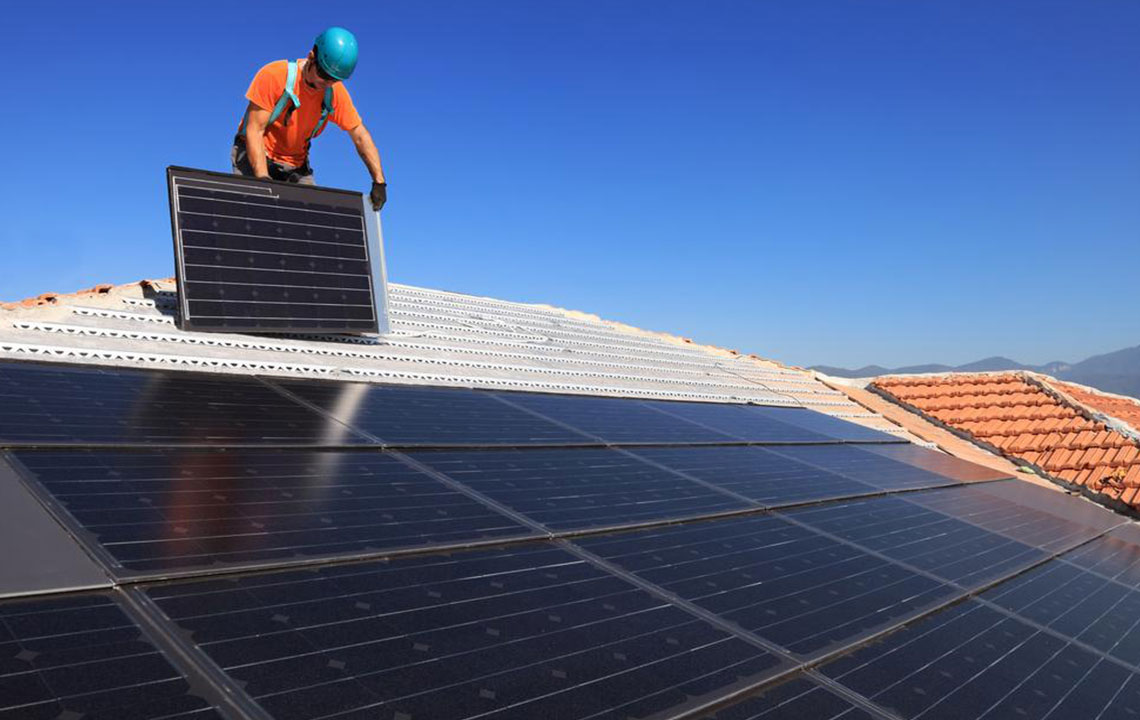Exploring the Different Varieties of Solar Panel Technologies
Learn about different types of solar panels—monocrystalline, polycrystalline, and thin-film—and their benefits. Discover how each type varies in efficiency, cost, and lifespan to make informed decisions for home solar energy systems. Installing solar panels helps reduce energy bills and promotes renewable energy use, contributing to a sustainable future.

Exploring the Different Varieties of Solar Panel Technologies
Solar power systems utilize a variety of solar panels to convert sunlight into electricity and heat. By installing these panels on your property, you can produce your own renewable energy and even store excess for heating purposes. Unlike fossil fuels, solar energy is eco-friendly and sustainable, making it an excellent choice for reducing your carbon footprint. Understanding the different types of solar panels available helps homeowners choose the right system for their energy needs and budget.
Installation is often done on rooftops, maximizing space while generating clean energy for residential use.
Choosing the right solar panel can significantly reduce energy costs. Solar panels are categorized into three main types based on efficiency, cost, and application: monocrystalline silicon, polycrystalline silicon, and thin-film panels.
Monocrystalline Silicon Solar Panels
Commonly called single-crystal panels, these are highly efficient and durable, with long lifespans exceeding 25 years. Made from pure silicon crystals, they are compact and space-saving, providing about 16% energy yield.
Polycrystalline Silicon Solar Panels
Also known as multicrystalline panels, these are produced by melting silicon and pouring it into molds. They are slightly less efficient—around 13%—but cost less and require a bit more space. They also last over 25 years.
Thin-Film Solar Panels
These are the most affordable options, made from materials like amorphous silicon or copper indium. Though less efficient—around 11%—they are lightweight, flexible, and easier to install. However, their lifespan tends to be shorter.
Researching solar energy options enables homeowners to make informed decisions, contributing to a greener environment through sustainable energy use.










